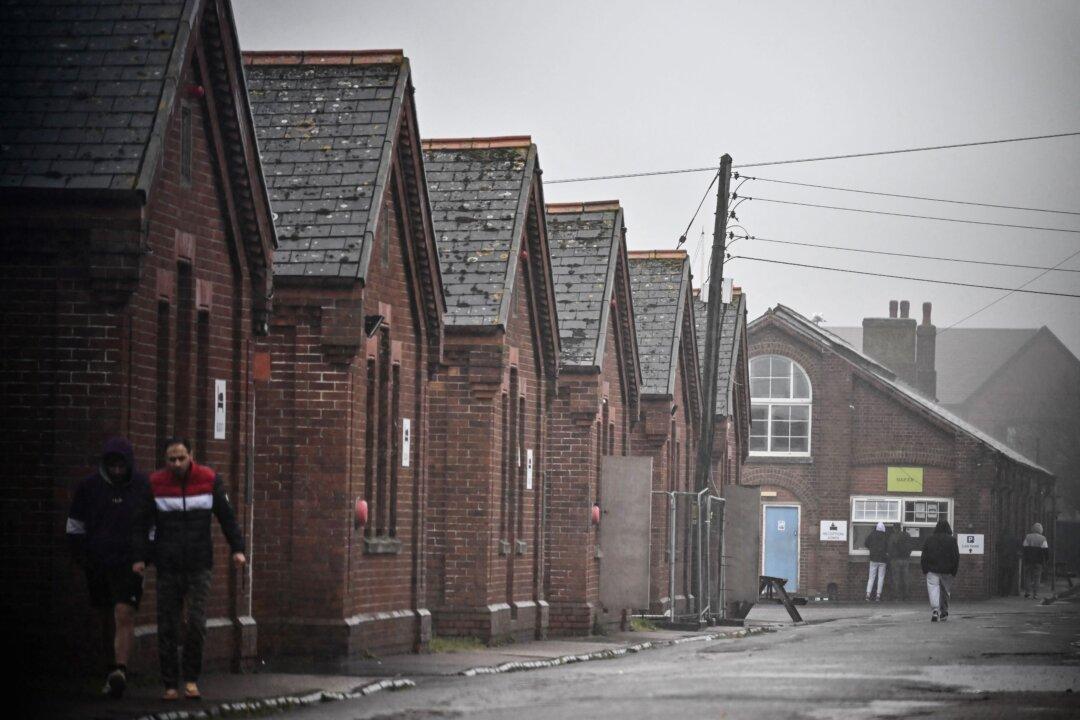A watchdog says the Home Office is in “crisis mode” in its handling of illegal immigrants and refugees, with soaring costs and the number of hotels used to home immigrants doubling within six months.
The Independent Commission for Aid Impact (ICAI) quoted stakeholders as saying the UK government department was now using a “blank cheque” to finance rising housing costs in “poor value for money” hotels where some women and girls are subjected to harassment and even forced marriages.





